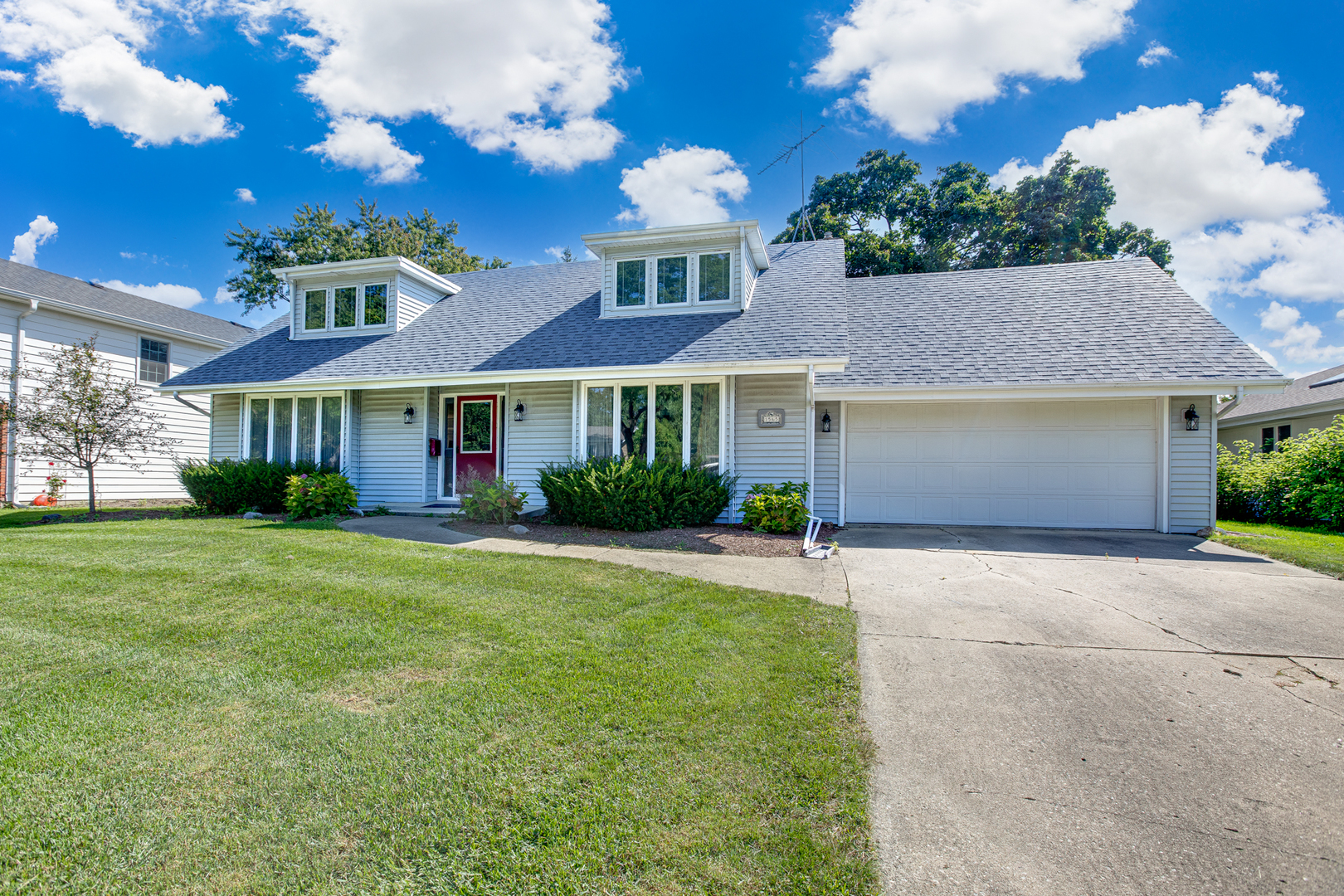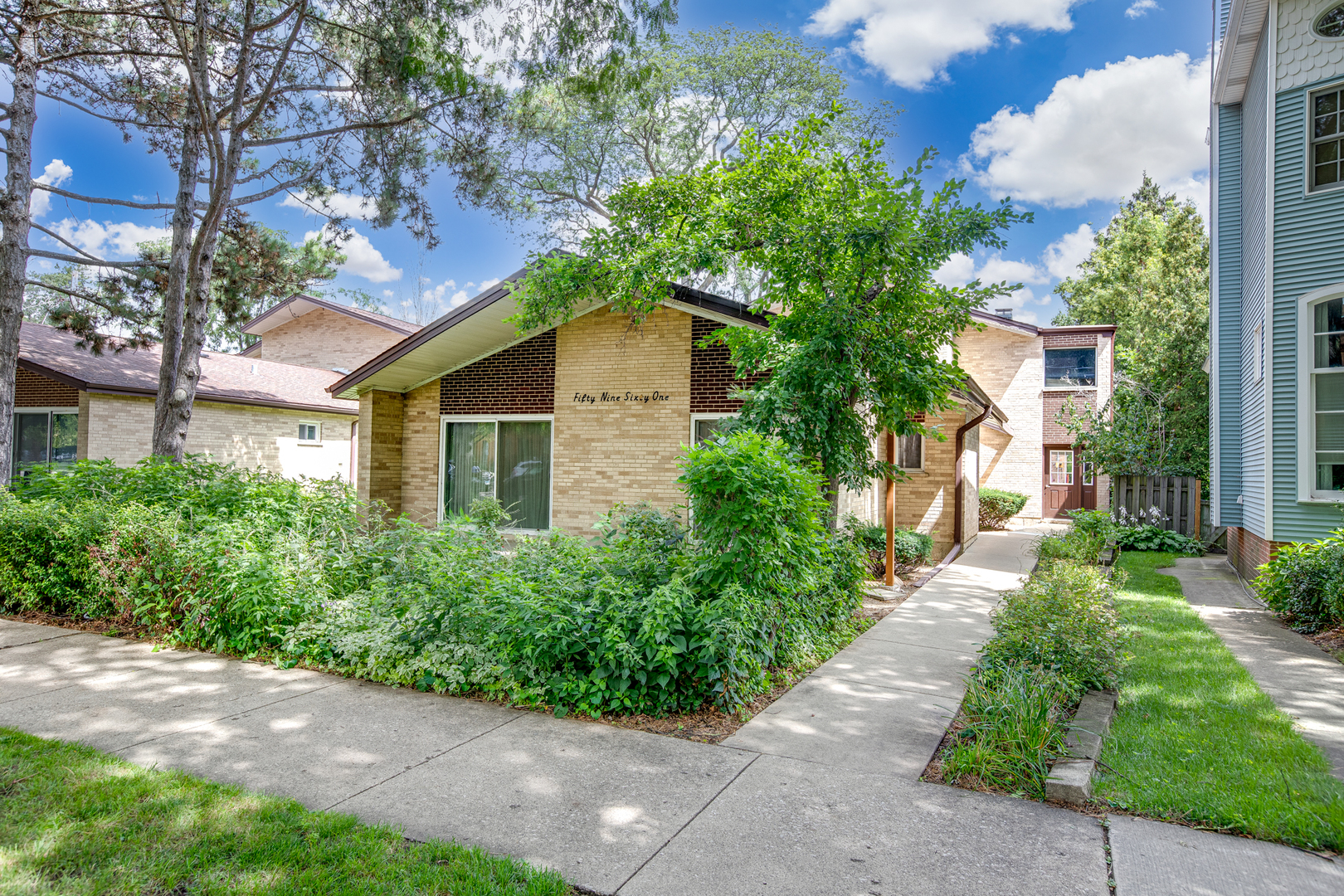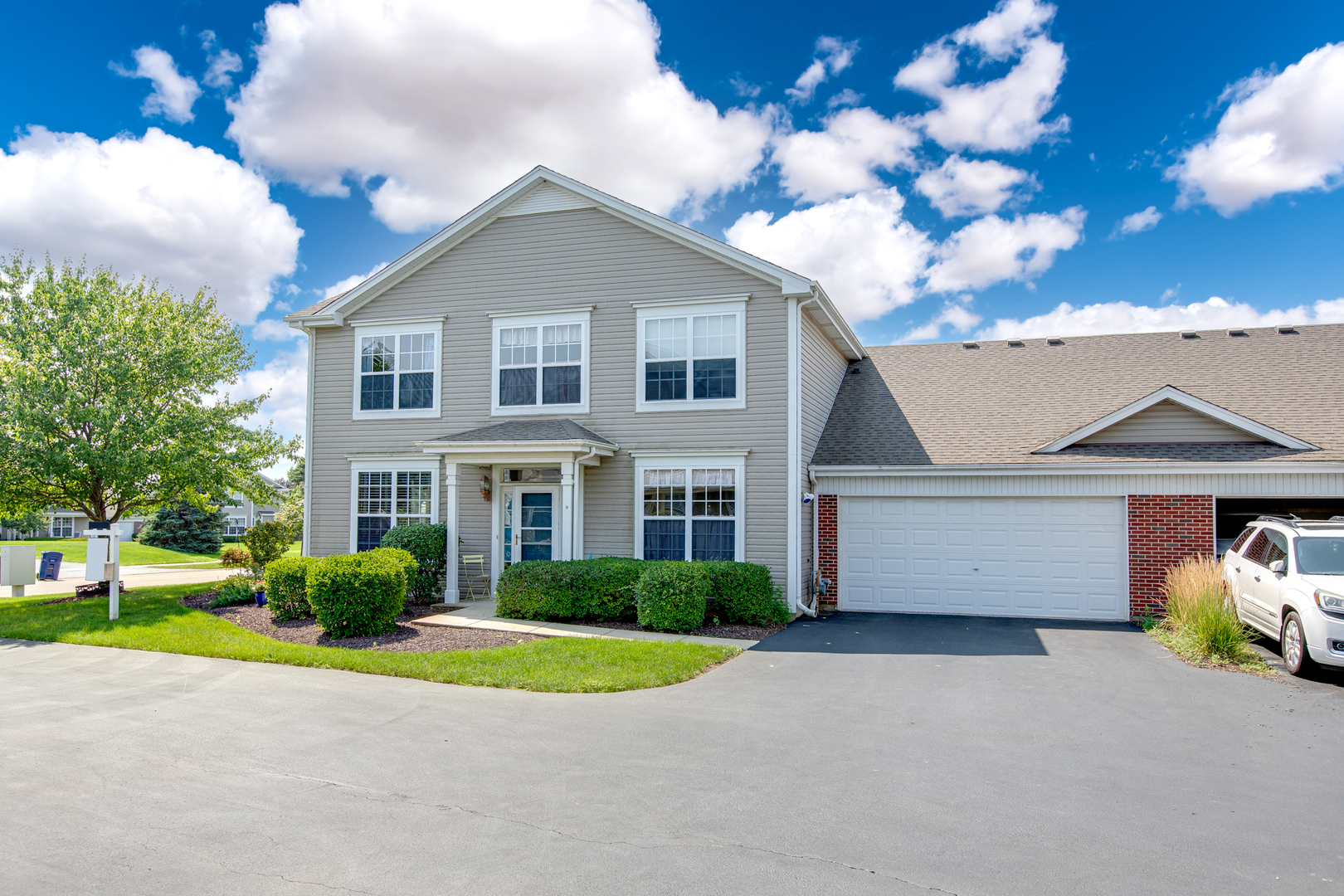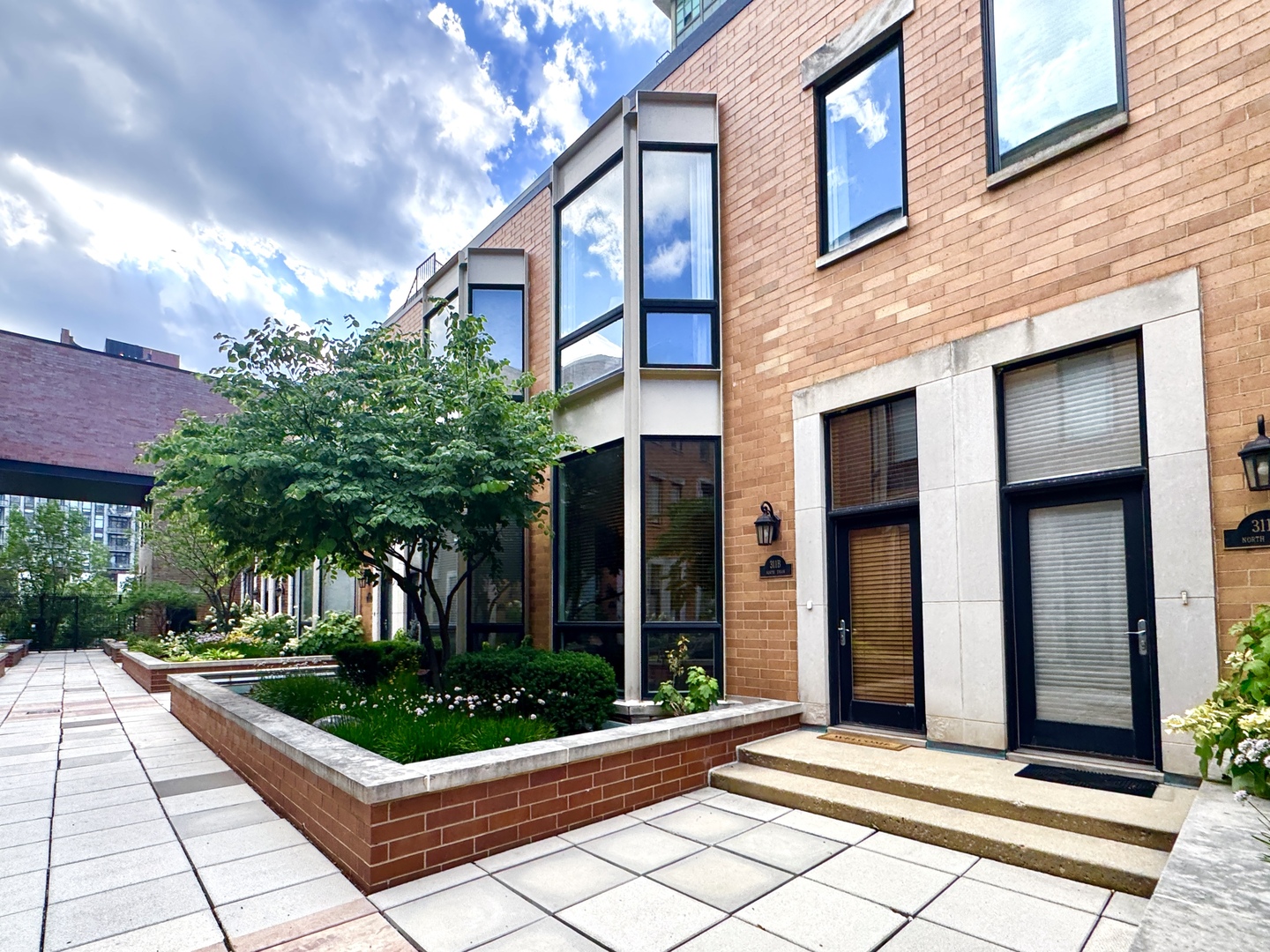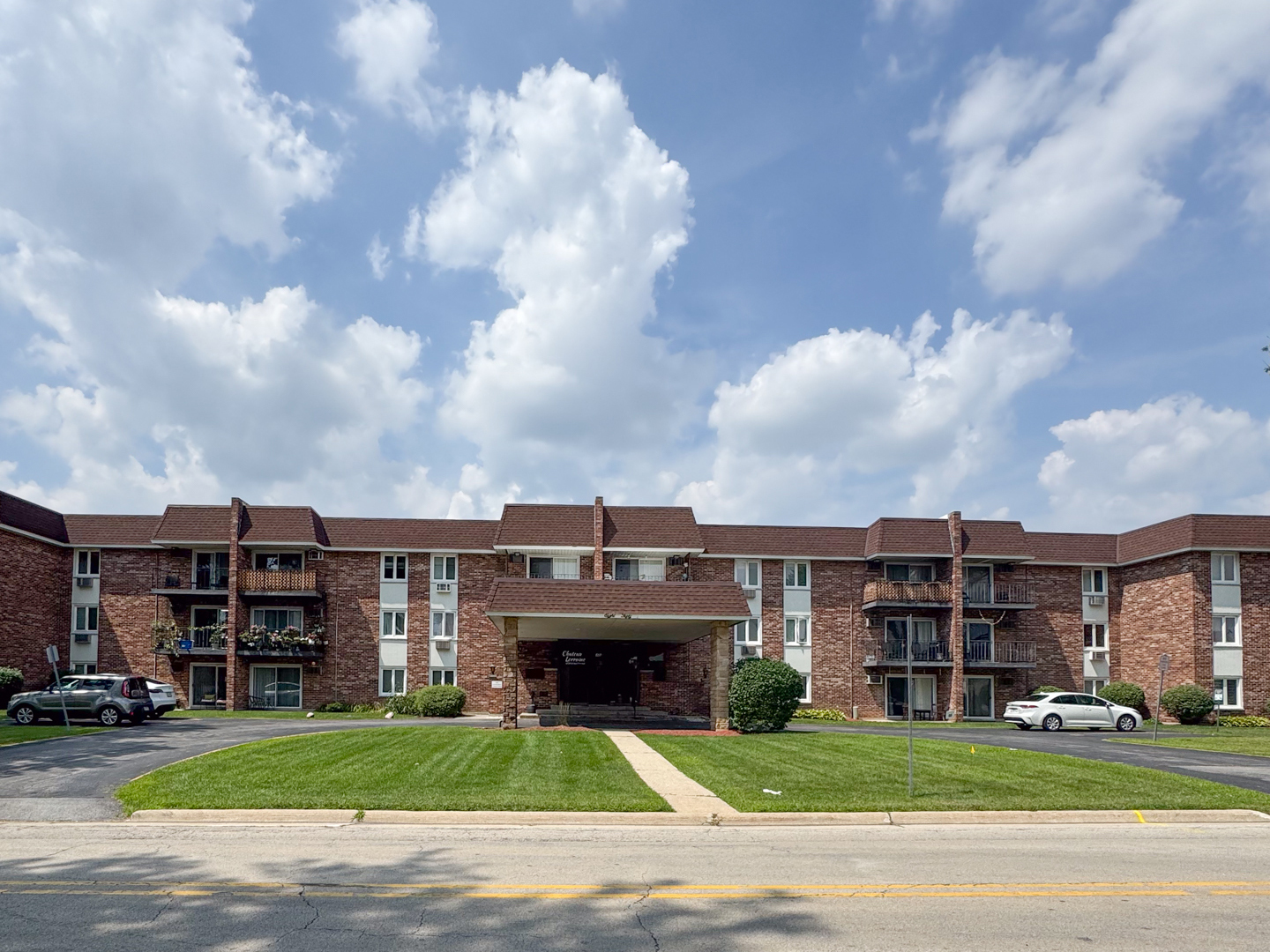[/et_pb_text][et_pb_text admin_label=”Text” _builder_version=”3.27.4″ background_size=”initial” background_position=”top_left” background_repeat=”repeat” use_border_color=”off” border_color=”#ffffff” border_style=”solid”]With your closing coming up shortly I would like to make you aware of some of the home seller closing costs you may incur. There are more closing costs in the average real estate transaction than just the Realtors commission!
Here are a few examples of standard closing costs in our area:
[/et_pb_text][et_pb_text admin_label=”Text” _builder_version=”3.27.4″ background_size=”initial” background_position=”top_left” background_repeat=”repeat” use_border_color=”off” border_color=”#ffffff” border_style=”solid”][one_half]CLICK HERE to view PDF[/one_half][one_half_last]
CLICK HERE to view Google Sheet[/one_half_last] [/et_pb_text][et_pb_text admin_label=”Text” _builder_version=”3.27.4″ background_size=”initial” background_position=”top_left” background_repeat=”repeat” use_border_color=”off” border_color=”#ffffff” border_style=”solid”]Survey – Sellers in Illinois are responsible for giving the prospective buyer a plat of survey of the property. The price for a plat of survey can range from $150 to $600. In our area it cannot be older than 6 months.
Recorded release of mortgage – Verifies that your mortgage has been completely paid off by the sale proceeds, usually $20 to $150.
Courier fee to pay off loan – Typically runs $50 to $100 or more.
Title insurance – The seller must provide a policy of title insurance for the buyer. The cost of the policy depends on the sales price of the home and its cost can vary from a couple hundred dollars to several thousand dollars. Some title companies have added additional charges to the basis title charge. These fees go by the name of “update fees,” “policy issuance fee” and the like. Some fees are as low as a couple of dollars and others up to $100. (Examples would be $200,000 is $1075 – $300,000 is $1275. – $400,000 is $1475. – $500,000 is $1675.)
Local city, town, or village property transfer tax; county transfer tax, state transfer tax – The taxman cometh, and it could cost you, although the charges vary from municipality to municipality. In Illinois, the seller picks up the county tax ($.50 per $1,000 of sales price) and the state tax ($1 per $1,000 of sales price).
In most local municipalities, the seller also pays for a local Transfer Tax or Transfer Tax Stamps. In general, property transfer taxes can range from nothing to $10 per $1,000 of the sales price or more, or you may be assessed a flat fee. Examples below:
Bartlett – $3 per $1,000 of sales price. Purchasing and staying within the village is waived.
Elgin – nothing. There’s nothing better than zero and unfortunately it’s rare. Elk Grove Village – $3 per $1,000 of sales price.
Hanover Park – $1.50 per $500 of sales price. You always have to get a jokester at one of the villages! Jeez they wanna feel special.
Hoffman Estates – $3 per $1,000 of sales price.
Schaumburg – $1 per $1,000 of sales price. If you are also moving from one village location to another this fee is waived and costs $10.00. If you are a senior citizen the cost is $10.00.
Credit to the buyer of unpaid real estate taxes – Depending on how and when property taxes are billed in your county, it’s possible that you will have to credit the buyer 105% to 110% for real estate taxes that were for the time period you owned the home but will be billed after the closing date of the sale of your home.
Attorney’s fees – If you choose to use an attorney (definitely recommended) you’ll either pay a flat fee starting around $375 or by the hour. Your attorney will prepare the HUD-1, which is the closing document that lists all closing costs/fees for both the buyer and the seller. All or any of these fees will be added to your HUD-1 Statement for closing.
Broker’s commission – If you’re using a brokerage firm, expect to pay anywhere from 4 to 7 percent of the sales price. Include any sales incentives that are popular now to attract more buyers to your home.
FHA fees and costs – All FHA fees used to be the responsibility of the seller, but they are now negotiable. But if the buyer can’t pay the fees, and the seller refuses to kick in a few bucks, the lender may not fund the loan. There can be points based on the mortgage amount in which 1% is equal to 1 point of the loan amount. Some areas also require a termite inspection, which would be $75 to determine there is not a termite infestation of your home.
Condo/co-op move-out fee – A building charge that can range from nothing to more than $400. Some cooperative buildings can charge a percentage of the sales price to permit the sale of the coop. In some instances these fees can be as much as three percent of the sales price. In most instances it is a refundable fee that prevents damage to the common elements by either yourself or movers that are moving your belongings.
Association transfer fees – Often required for condominium and townhouse sellers. Some of the fees are for processing the sales papers, move-out deposits, preparation of closing documents and even inspection fees. Fees range from $75.00 to $200.00 depending on your association.
Paid utility bills – In many areas, local municipalities will not let you close until you have proved that you are current on your water bill. They will not issue your required transfer tax stamps without your paid water bill.
Certificate of compliance with building and zoning codes – Your local municipality may charge for inspecting your home prior to the sale to insure that it meets up to date code requirements. Such inspections can cost a nominal amount or run more than several hundred dollars plus the cost of fixing any items that are non-compliant. In addition, some municipalities charge a fee to verify the number of dwelling units permitted at a home being sold. The cost of such certificate can be nominal, but it may be a hassle to obtain the certificate.
Home Warranty – Policy that guarantees to the buyer that all of the mechanical and electrical appliances are working on the day of closing and are guaranteed to work for the first year of ownership. The cost for a warranty starts around $350 and can increase as additional option items are added.
Association reserves – In some areas, the reserves held by condominium or homeowner association are credited to the seller on the basis of the seller’s percentage of ownership in the association. Fortunately, for the seller, this is one of the few instances of money coming back to the seller rather than a payment by the seller.
Special assessments to associations – In many associations, if a special assessment has been levied, even if it can be paid over many years, the association will require that the assessment be paid in full at the closing.
Other credits to the buyer – In some cases, sellers give credits to the buyer for things that don’t work, or don’t look nice, in their home. For example, if the buyer’s inspector finds something wrong in the house, you may negotiate a credit to the buyer that will be paid at the closing. The cost of this will vary.
Unpaid mortgage or home equity loan or line of credit – At closing, the seller must pay off any mortgage and home equity lines of credit that are relating to the home being sold. The seller must remember that the prior months’ statement for the mortgage will not include the interest that is owed on the loan from the last payment date. Almost all mortgages are paid in arrears: you pay last month’s interest in the current month. Therefore, if you made your most recent mortgage payments, you will still owe interest for the current month until the loan is paid off on the closing day.
Short Sale or ‘Upside Down’ Loans – Although it seems unbelievable that anyone could be upside down on his or her mortgage (that is, owe more on the mortgage than the house is worth), many sellers each year will find themselves in this position. If you do manage to find a buyer, and the amount being paid for the home will not entirely pay off your mortgage, home equity loan or line of credit, you’ll have to come to the table with cash in hand. If the lender “forgives” your loan, the IRS may see that as income to you, and you’ll be taxed on the phantom income as if you actually earned it, at your marginal tax rate. Talk to your tax preparer for more details.
It’s important to keep a list of your closing costs, as well as a copy of all your purchase and sales documents, so that you can accurately figure out your home’s cost basis!
[/et_pb_text][/et_pb_column][/et_pb_row][/et_pb_section]
